Did you know that expressing gratitude is literally why Thanksgiving was created?
On Nov. 1, 1777, by order of Congress, the first National Thanksgiving Proclamation announced that the third Thursday of every year was thus officially set aside:
“…for solemn thanksgiving and praise. That with one heart and one voice, good people may express the grateful feelings of their hearts.”
The original spirit and intention of this beautiful day have been slipping out of focus in recent years due to long planning, tedious travel and the shopping frenzy of Black Friday and Cyber Monday, unfortunately.
Not surprising to see that only 20% of Americans rate gratitude as a positive and constructive emotion. For context, that number is nearly 50% in Europe.
We can change that…
Tribute is on a mission to turn the Tuesday before Thanksgiving into #GratiTuesday.
#GratiTuesday is an invitation to everyone around the country to take a moment, think about the friends and family who have made their year great and share some much-needed love and appreciation with them.
Expressing your gratitude for the people in your life is the most important form of gratitude, although you can be grateful for a place or thing as well.
That magnifies our happiness more than anything else. When our friends and family feel appreciated, it adds more depth to the connection.
But let’s be clear, sharing your gratitude isn’t simply a nice thing to do, it’s one of the most powerful things you can do to transform your life.
Here’s a quick rundown of six scientifically proven benefits of practicing gratitude for you to start this Thanksgiving.
Practicing Gratitude Will Make You Happier Than Money or “Stuff”
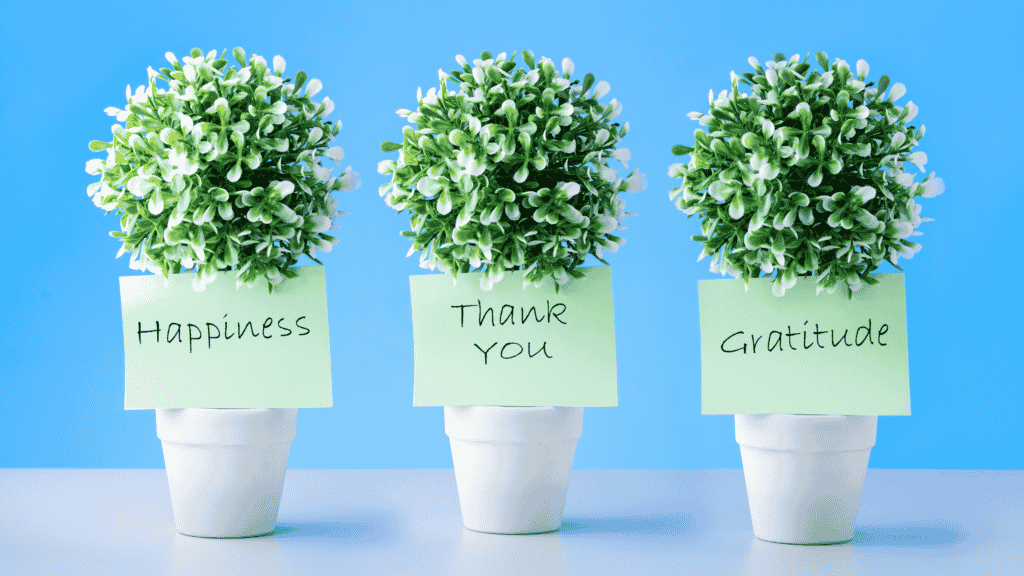
The “Hedonic treadmill” is a tendency we all have to keep a stable level of happiness despite external events. It suggests that pursuing more money or material objects doesn’t increase the level of happiness.
In contrast, the act of using a gratitude journal each day for a month has been shown to have a 10% increase in subjective happiness.
Practicing gratitude makes us stronger emotionally
- Improves our self-esteem and lowers our risk of depression
- Improves our resilience and ability to deal with trauma
- Reduces toxic emotions like envy, resentment and regret
Practicing gratitude makes our bodies healthier
- Heightens our immune system and white blood cells to fight disease
- Decreases stress hormones like cortisol by up to 23%
- Decrease blood pressure and heart rate variability
Practicing gratitude makes us better at work
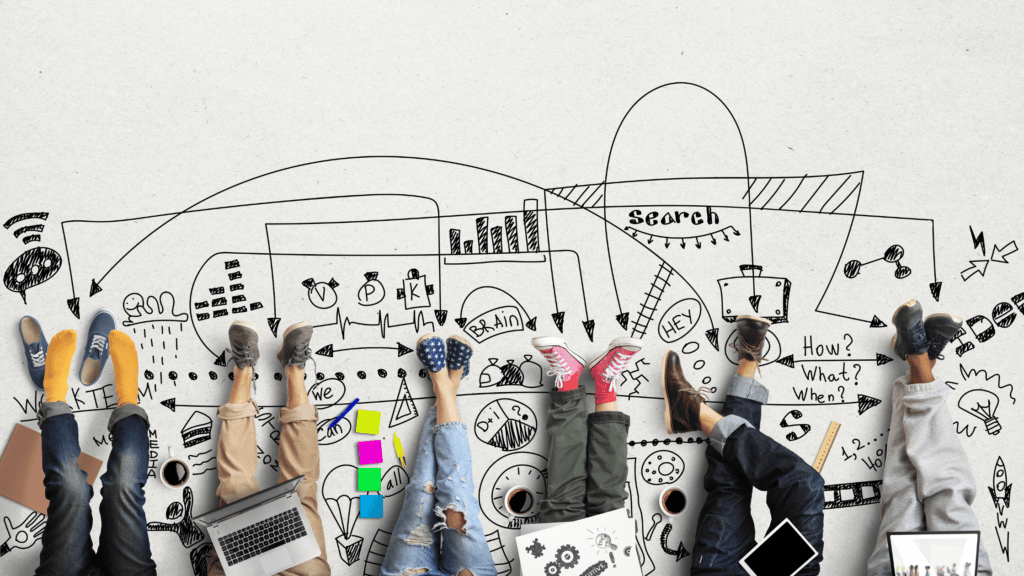
Here are a few of our favorite research on how being grateful at work will lead to greater professional success.
A “thank you” from a supervisor gives people a strong sense of both self-worth and self-efficacy. The expression of gratitude has a spillover effect: Individuals become more trusting with each other, and more likely to help each other out. (Adam Grant and Francesca Gino)
In a national survey (John Templeton), almost all respondents said that saying “thank you” to colleagues “made employees happier and more fulfilled.”
A recent study at Wharton showed that pep talks and articulated gratitude for fundraising professionals were leading to 50% increases in productivity.
Practicing gratitude helps us sleep better
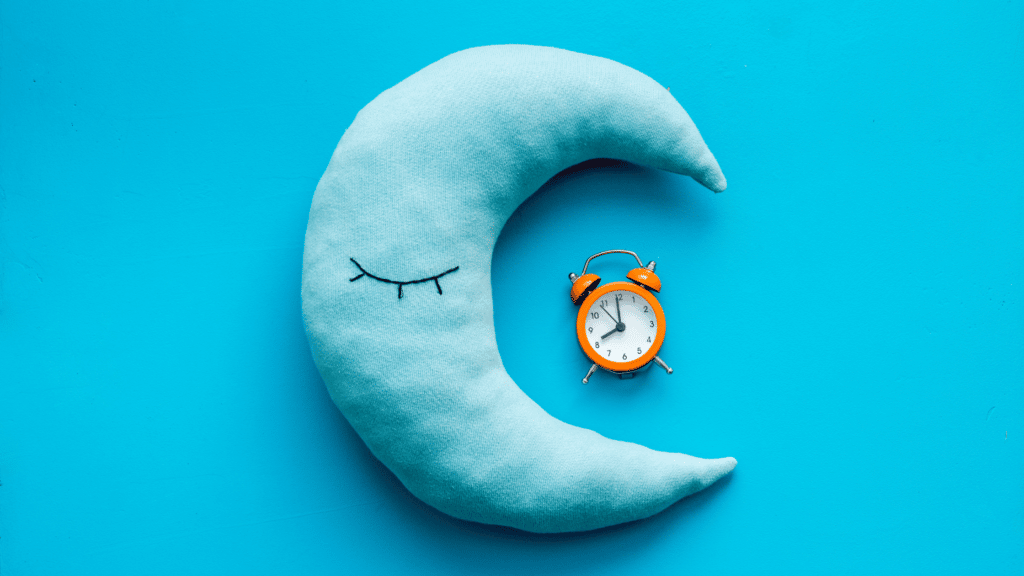
From www.happierhuman.com
Gratitude increases sleep quality, reduces the time required to fall asleep, and increases sleep duration.
In one study of 65 subjects with a chronic pain condition, those who were assigned a daily gratitude journal to be completed at night reported half an hour more sleep than the control group. In another study of 400 healthy people, those participants who had higher scores on a gratitude test also had significantly better sleep. They reported faster time to sleep, improved sleep quality, increased sleep duration, and less difficulty staying awake during the day.
Practicing gratitude makes our marriage and relationship better
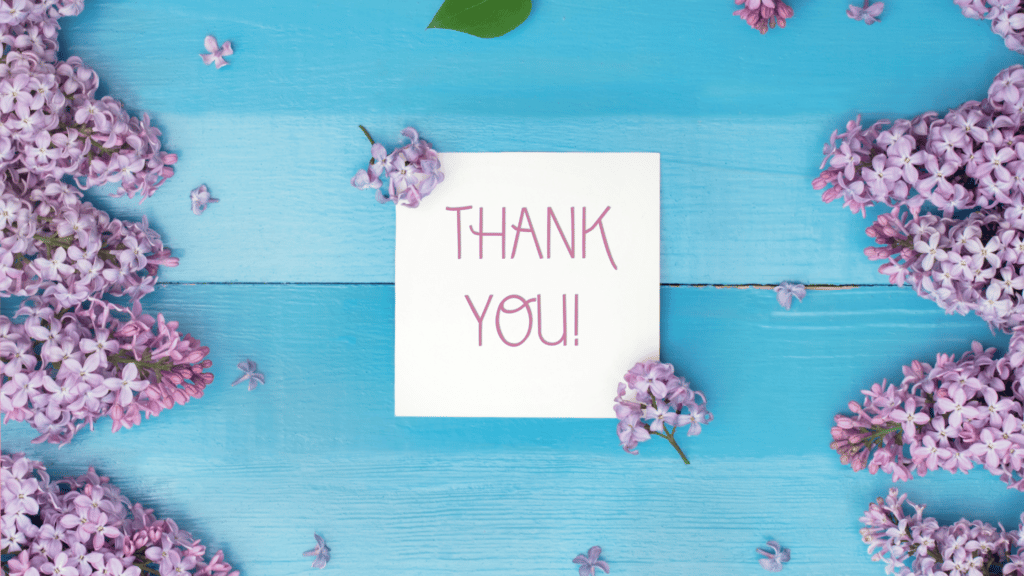
From www.happierhuman.com…
Scientists have put numbers to our intuition and experience, creating an appreciation to naggy ratio. More formally called the Losada ratio, it divides the total number of positive expressions (support, encouragement and appreciation) made during a typical interaction by the number of negative expressions (disapproval, sarcasm, and cynicism).
When the ratio was below .9, that is there were 11% more negative expressions than positive expressions, marriages plummeted towards divorce or languishment. Those marriages that lasted and were found satisfying were those with a positivity ratio above 5.1 (five positive expressions to each negative).
When we introduce gratitude into our relationships, we increase the positivity ratio and are much more likely to have a healthy, long-lasting relationship.
Well, there you go…if gratitude wasn’t on your mind before this post, we hope it is now.
If the practice of gratitude hasn’t been an active part of your routine, we’ve got the perfect place to start.
Let’s set the world record for most public gratitude shared in a single day.
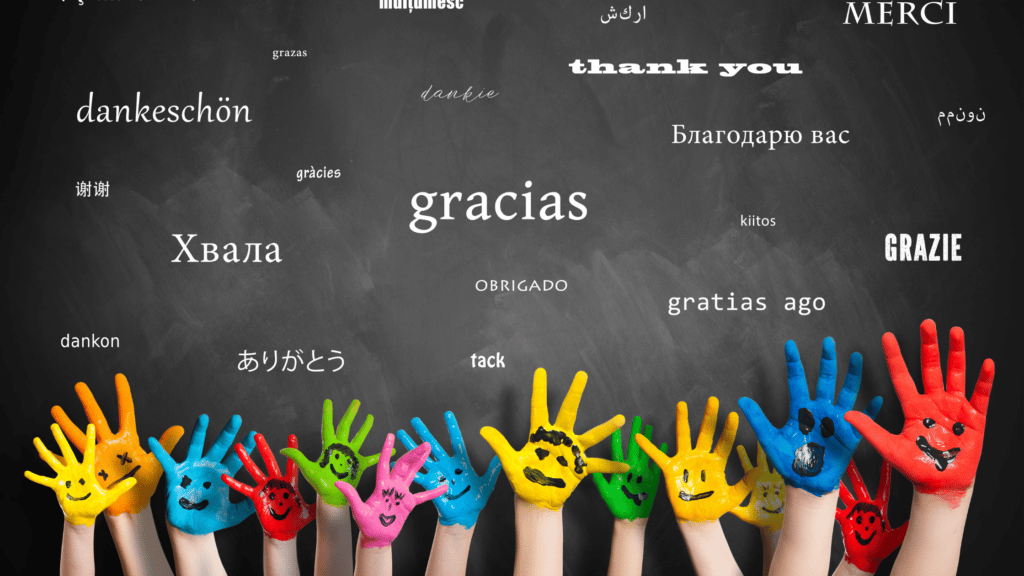
To introduce this new holiday, we are going to set an official World Record for “The Most Public Gratitude Shared in One Day” on #GratiTuesday.
Just ask yourself this simple question, who is one person who has made this year extra special for you. Now, tell them!
Tribute.co is making it easy by giving you a 100% free platform where you can share your video appreciation for that special someone.
We will deliver it to them on Thanksgiving morning along with thousands of others http://www.tribute.co/gratituesday
GratiTuesday will help us remember and honor the true meaning of Thanksgiving so we create more meaningful conversations and connections on this day of thanks.
We would love your support in sharing the GratiTuesday movement with your friends and family.
Let’s. Do. This.
